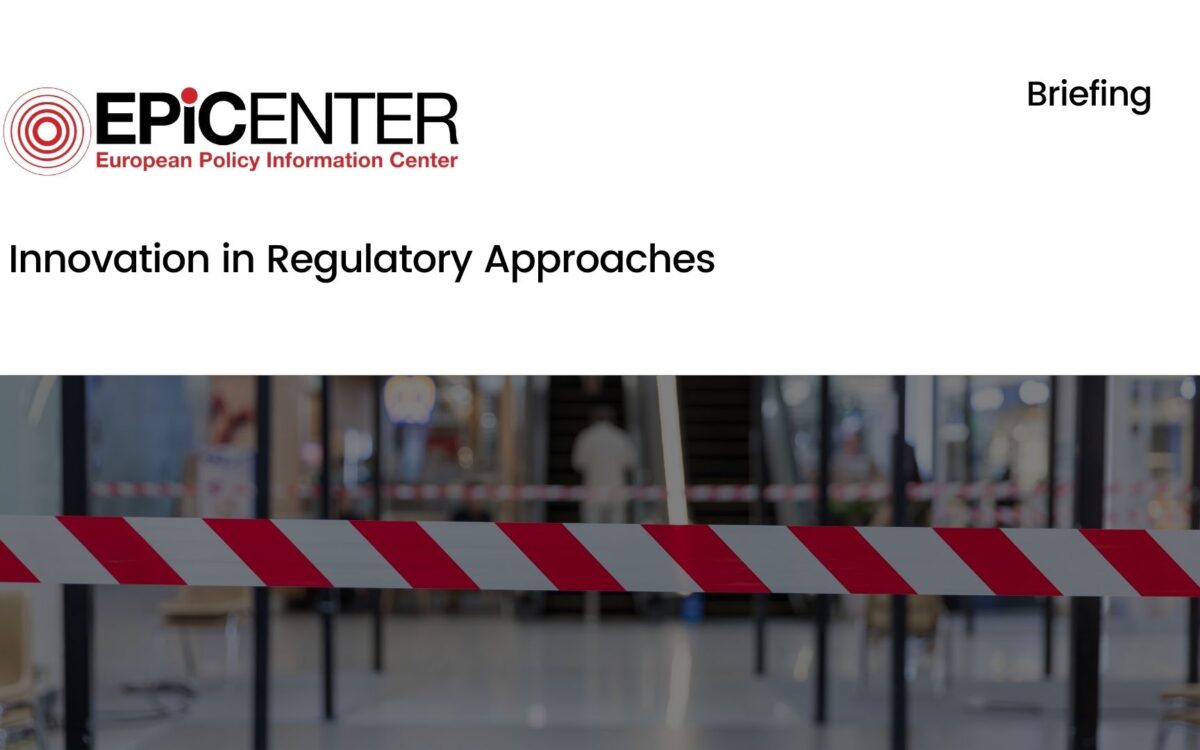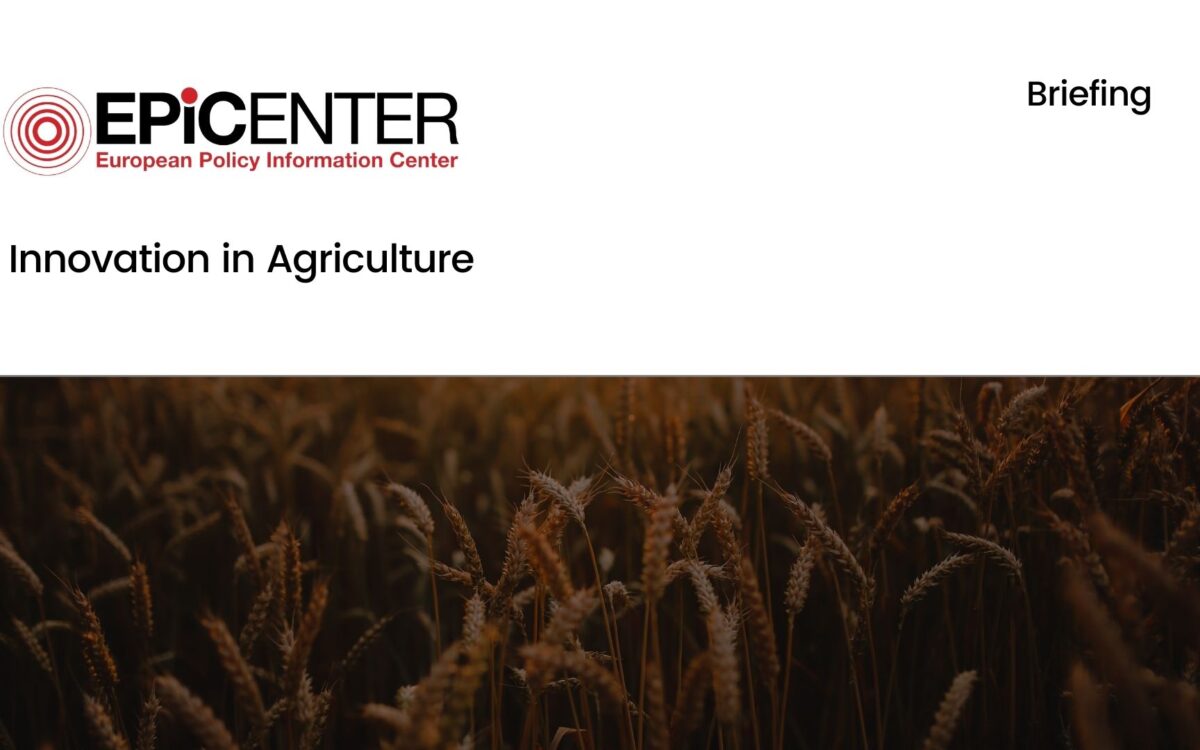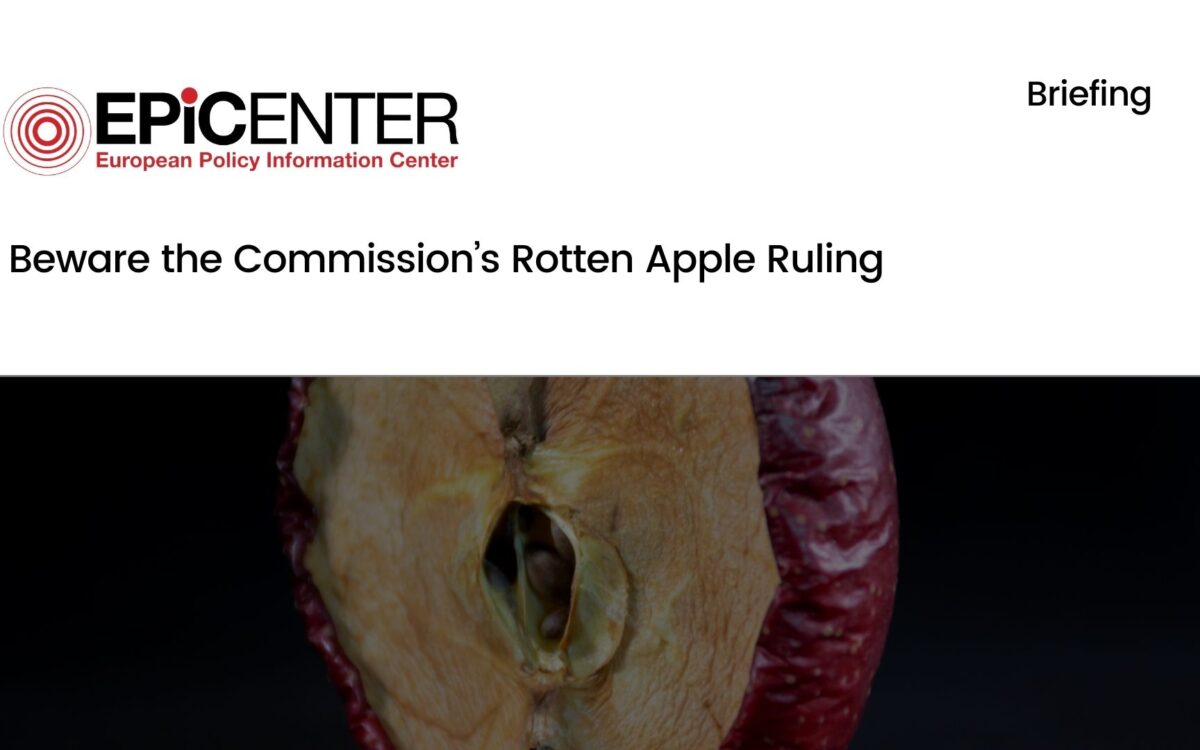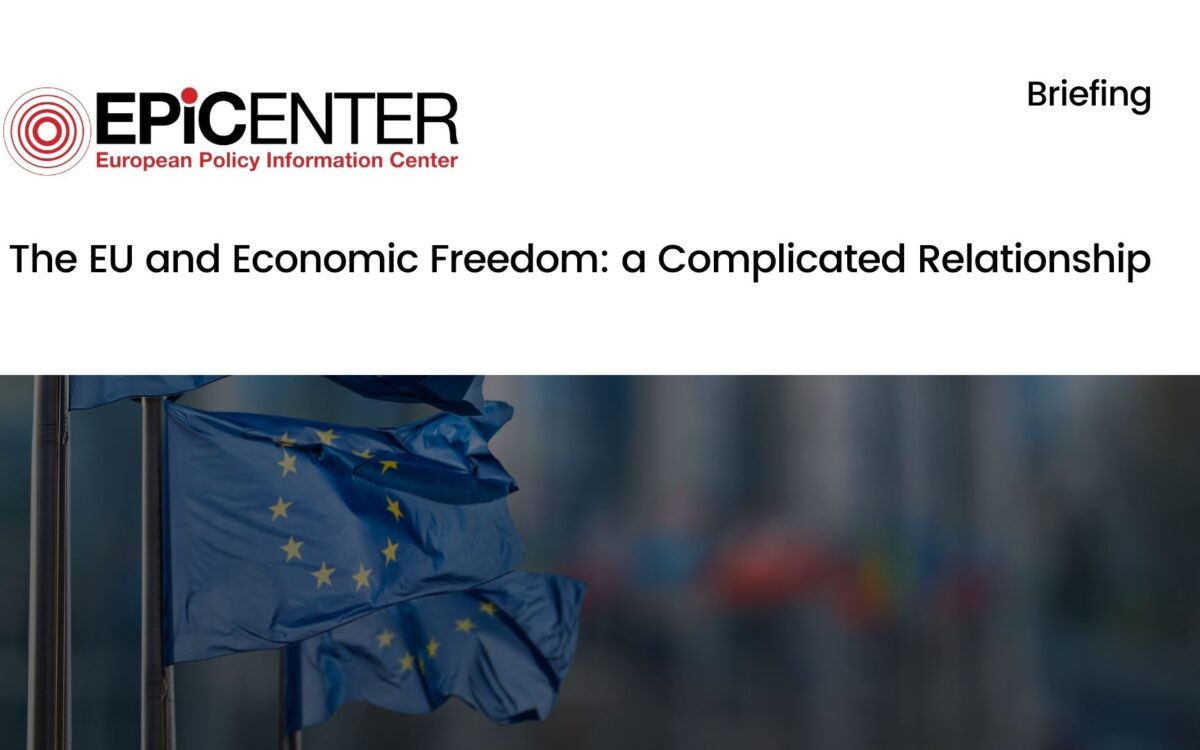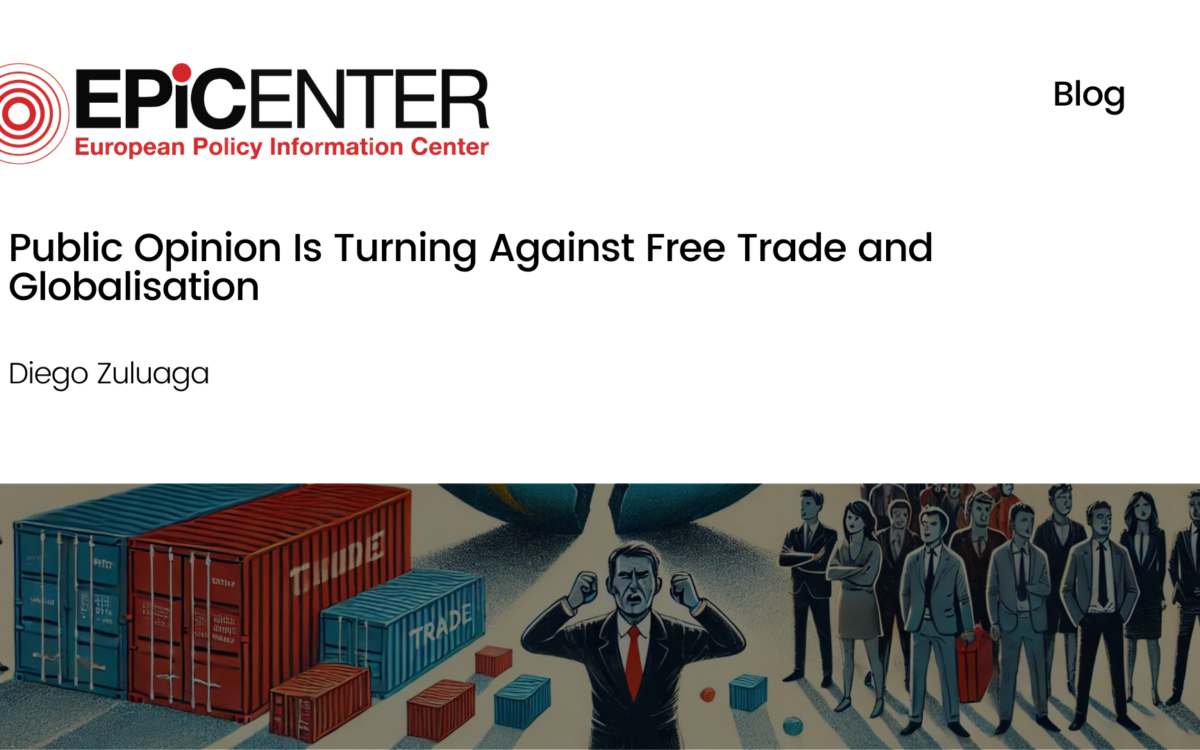November 1, 2016
November 30 marks Credit Day across the European Union. Credit Day is the day when member states’ central administrations exhaust their annual tax revenues and have to begin borrowing in order to meet their spending commitments for the rest of the year.

